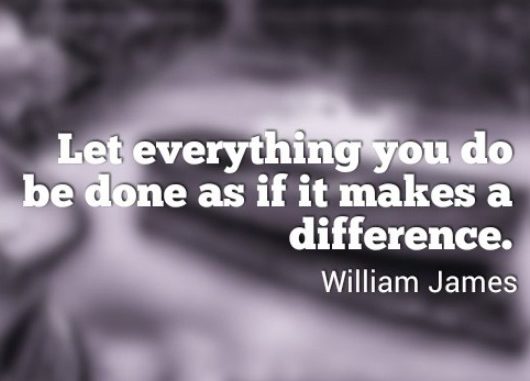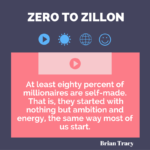
In an start-up mode, many entrepreneurs plan as if their companies exist in a vacuum, devoid of competition. They plan how to develop an idea, manufacture and market that idea, and finally, how to deliver upon that idea to the marketplace at large. Then they’ll watch the profits roll in. Simple, right?

But what happens when you find out that there’s another company (if not five, ten, or even more) that are doing the exact same thing that you do? And worse, they’re doing it better, faster, and cheaper. Surely, you didn’t plan for this, right? You couldn’t have!
Sadly, yes, you could have, and you should have. Researching the potential competition you’ll face when you “go live” with your company is one of the most essential components you’ll need to address during the planning stages. Knowing THEIR competitive advantages and disadvantages will put YOU in a better position to establish yours, and to communicate yours to the marketplace.
And, unfortunately, this isn’t just information you can tack onto the bulletin board on Day One and forget about it. In any industry, the competitive advantages and disadvantages held by all of the industry’s companies can change on an annual, quarterly, monthly, or even weekly basis. You need to be kept abreast of these changes on a daily basis in order to be successful.
How you differentiate your product or service from your competition can be the jumping off point for a number of different elements of your business strategy, from how you price your deliverable (cheaper or higher end) to how you advertise it (Wall Street Journal or your local Pennysaver) to where you distribute it (Macy’s or Walmart). The decisions you make when it comes to differentiation, and your ability to execute on these decisions, could be a significant source of value creation for your company.
Differentiation has always been a priority in my companies, and the results reflect how that good a decision that has been. I give you my wedding planning business as an example. When you evaluate a standard wedding planning package, you usually factor in a pretty stable price structure that encompasses the basic necessities of a traditional wedding (gown, photography and videography service, makeup and hair, venue, to name a few). You’re paying for the right to “set it and forget it”, by put-ting the legwork in the hands of mine or another wedding planning company.
For me, I knew right away that I had to be different, based on the research I did to my competition. So I chose to vary the price I charge for my service, as opposed to having a standard price in place. I would work with the couple to understand their specific needs and budget that they had to work with. Taking that budget into consideration, I was able to match them with the exact vendors and suppliers to fit their needs, not only on price, but also on quality, as I had professional, quality working relationships with each of them. I leveraged my personal relationships with my vendors to negotiate a price that would ultimately save, on average, 15-20% off their original budget.
(And as anybody who has ever planned a wedding knows, staying under budget, by any percentage, let alone 15-20%, is almost as much cause for celebration as the wedding itself!)
So I was able to differentiate myself on a number of different factors, all related directly to each other. I am able to differentiate on my experience, and it was through that experience that I was able to work with a number of vendors over the years which, in turn, enabled me to differentiate on the choices I can offer to my clients. I also leveraged my longstanding relationships with these vendors to lower prices for their services, a savings I was able to pass along to the customer, enabling me to differentiate on price as well.
All in all, I was able to provide my clients with an experienced option who was able to grant them access to a number of different vending options at a rate that is far less than they were expecting to pay. Can’t devise a better recipe for success than that!
So it’s now time for you to find your recipe for success. What do your do differently than your competition? And how can you capitalize on this? The answers are entirely in your hands…..all you need to do is do the work!
Look forward to hearing from you!





